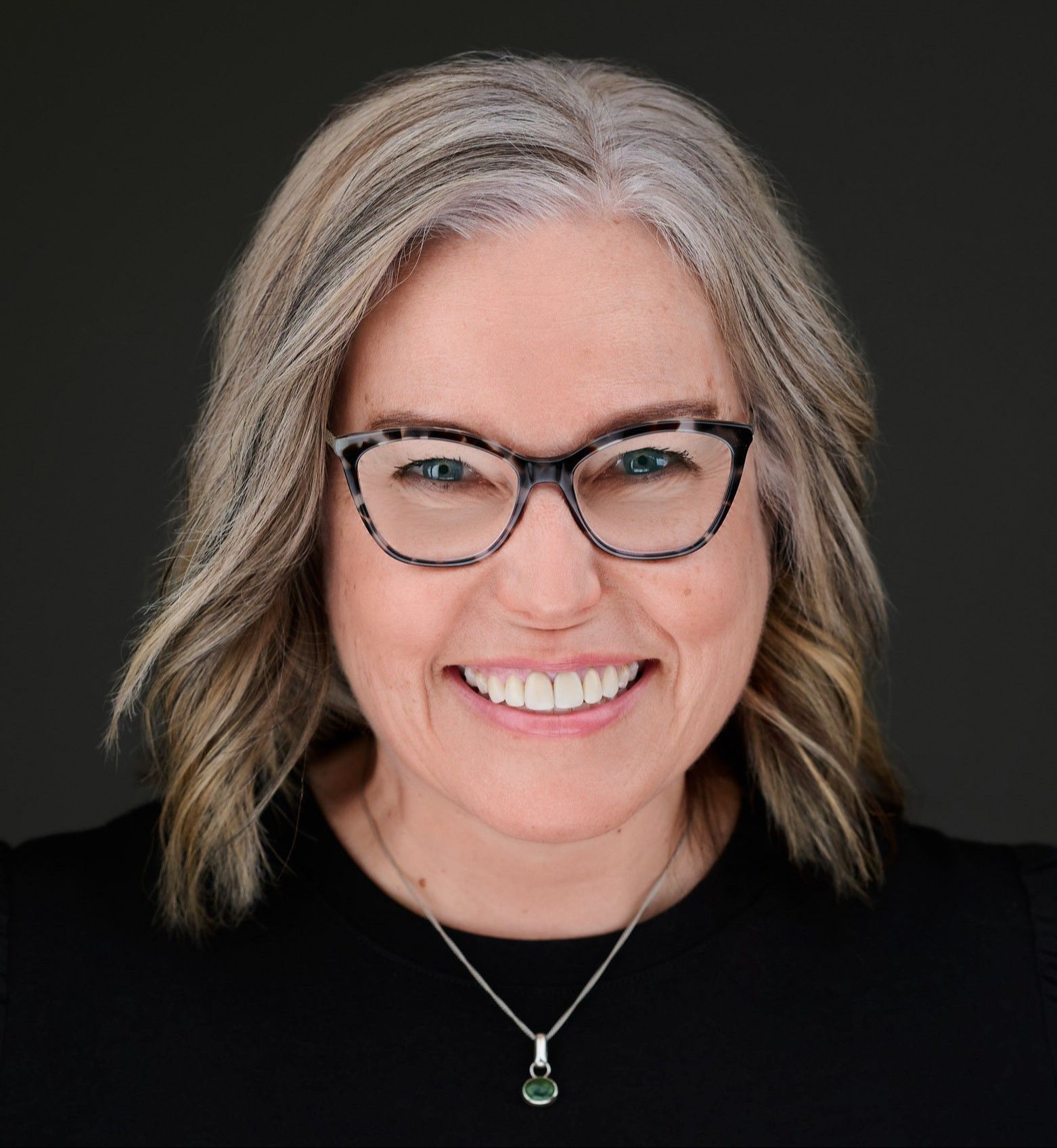Michelle Labine

Michelle Labine is a seasoned psychotherapist, clinical supervisor, and community leader with over 25 years of experience in the field of mental health. Her career spans a wide range of roles in social services, employment programming, child protection, and adult education. She has supported children with physical disabilities, survivors of violence, and individuals facing systemic barriers to care—experiences that continue to inform her inclusive, trauma-informed, and equity-centered approach. Michelle brings a rare and impactful blend of clinical depth, business acumen, and heart-led leadership to every role she undertakes.
These early experiences laid the foundation for Michelle’s enduring commitment to accessible, community-based care—and for her leadership in developing innovative, sustainable mental health services across Nova Scotia.
Building on that foundation, Michelle went on to establish Couch of Hope, a non-profit counselling organization that provides free mental health services to Nova Scotians without insurance or the financial means to access care. She is also the owner and director of ML Family Counselling, a thriving multi-location practice with a team of over 30 clinicians offering inclusive, high-quality support to children, youth, adults, couples, and families across the province.
Michelle’s dedication to clinical excellence is reflected in her academic and professional credentials. She holds a PhD in Clinical Sexology and a Master of Arts in Counselling Psychology, and is a Canadian Certified Counsellor, Registered Psychotherapist, Registered Counselling Therapist, and AASECT Certified Sex Therapist.In addition to her clinical and supervisory roles, Michelle is an author whose writing explores themes of sexuality, relational health, trauma, and neurodiversity-affirming care. Her work reflects a deep commitment to making complex psychological concepts accessible, inclusive, and grounded in lived experience.
This same commitment shapes her therapeutic approach. Michelle’s clinical work is grounded in Narrative Therapy and Humanistic Theory, with an emphasis on personal meaning, lived experience, and the impact of social constructs and systems. She centers a neurodiversity-affirming lens, prioritizing equity, inclusion, and attuned care for those whose experiences have often been overlooked or misunderstood.
Michelle works extensively with couples and families, supporting them through challenges related to communication, connection, and healing. She also specializes in identity development, sexual health, sexual trauma, and relational dynamics. In addition, she works closely with neurodivergent adults—including those with ADHD, Autism, AuDHD, Dyslexia, and OCD—offering affirming, strengths-based support that honours the complex and often creative ways neurodivergence shapes identity, intimacy, and well-being. Her work helps clients unlearn internalized stigma, reconnect with their authentic selves, and build lives that align with their values, needs, and ways of being.
Michelle offers a warm, collaborative, and affirming therapeutic space where clients are met with respect, curiosity, and care. Rather than viewing challenges through a lens of pathology, she helps individuals reconnect with their strengths, values, and inner wisdom. Her work is grounded in the belief that meaningful change unfolds through relationship—within ourselves, with one another, and within the communities we belong to.
This relational and values-based approach also informs Michelle’s work as a clinical supervisor. She provides supervision and mentorship to practicum students and emerging clinicians across Master of Education, Master of Arts in Counselling Psychology, Master of Social Work, and Social Services programs. Her supervision is structured, trauma-informed, and equity-centered, designed to foster both professional competence and personal insight.
Michelle cultivates a reflective, supportive space where supervisees are encouraged to explore their clinical instincts, examine power dynamics, and deepen their understanding of therapeutic frameworks. Drawing on narrative practice, relational ethics, and social justice principles, she helps new clinicians connect theory with who they are as practitioners.
She balances the development of clinical skills with a strong emphasis on self-awareness, cultural humility, and ethical decision-making. Through direct observation, case consultation, live feedback, and collaborative dialogue, Michelle supports supervisees in cultivating an authentic therapeutic presence—while maintaining alignment with regulatory standards and best practices.
Supervisees are invited to explore how their identities, values, and lived experiences inform their work. Michelle is known for holding space with warmth and clarity, offering both challenge and encouragement as she guides new professionals toward confidence, critical thinking, and clinical integrity.
Her commitment to shaping the next generation of mental health professionals is rooted in a core belief: that skilled, compassionate practitioners are essential to building an inclusive, responsive, and socially just mental health system.
Michelle’s work is driven by the conviction that mental health care should be accessible, ethical, and grounded in human dignity. Across every facet of her practice, she continues to advocate, innovate, and lead with purpose— shaping a future where mental health care is equitable, accessible, and human-centered.
